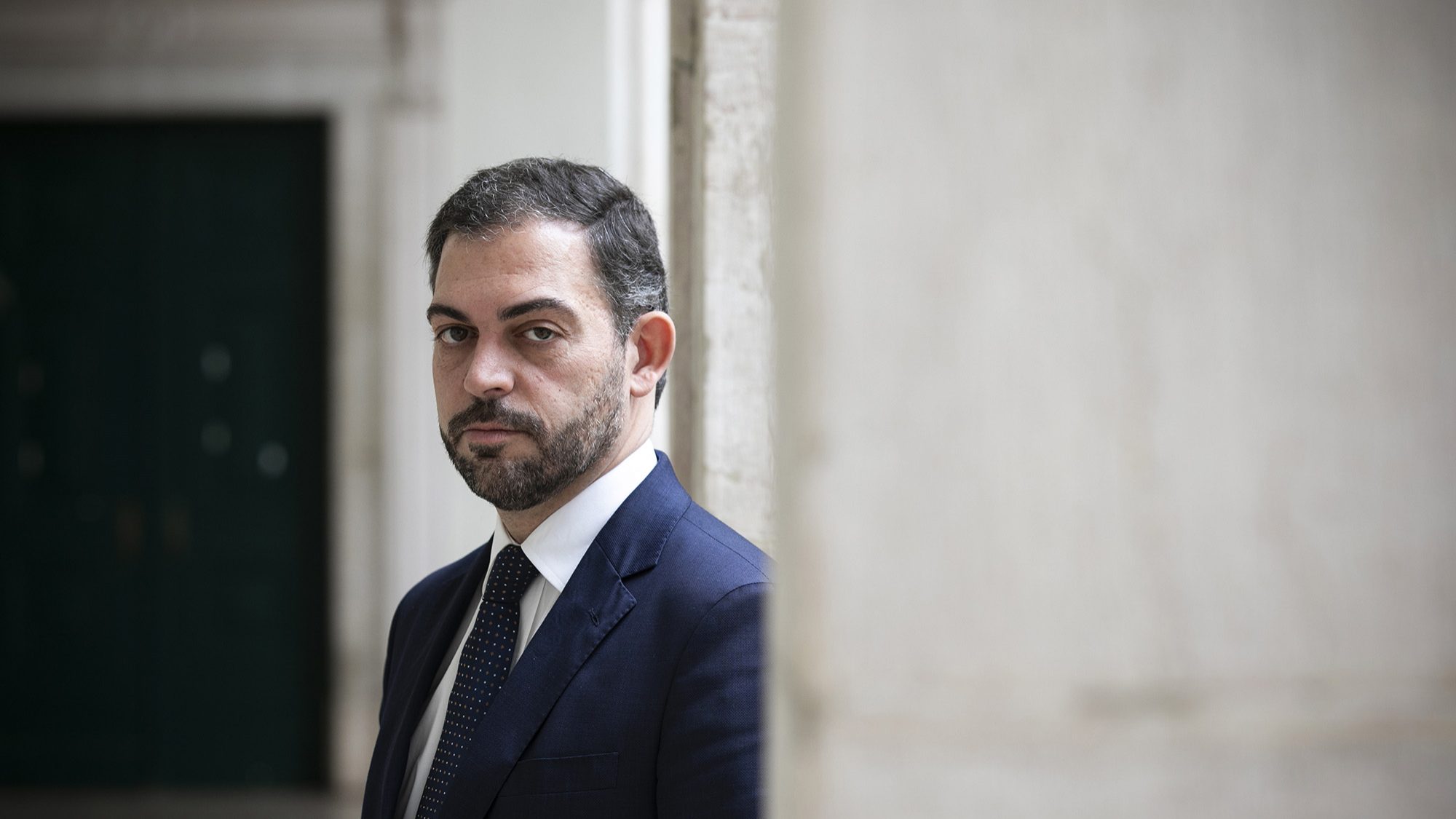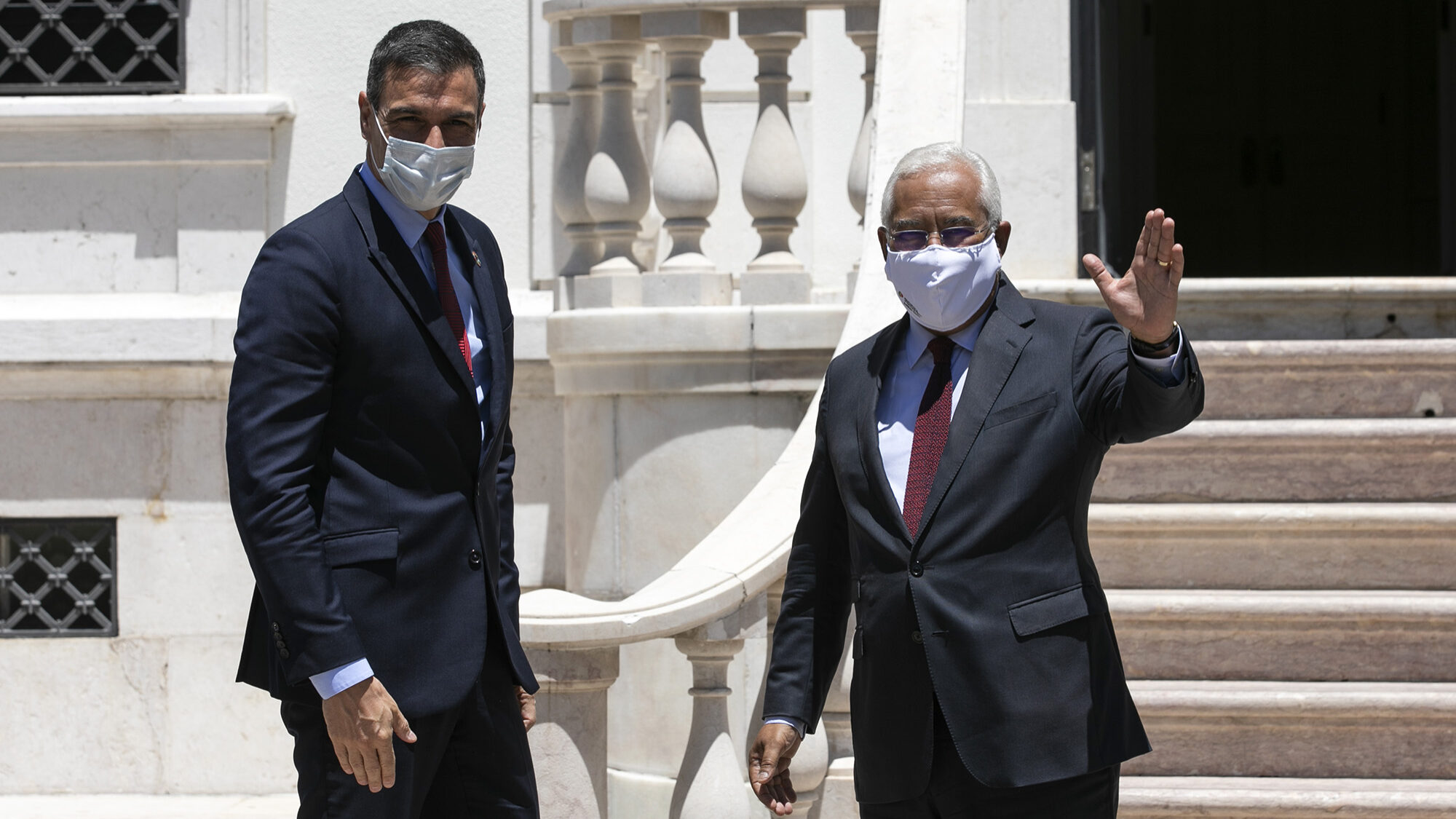Electricity suppliers not applying Iberian gas price cap on prices face fines
The exceptional Iberian regime that will define a maximum price for natural gas used in electricity production plants will take effect in the market as of 15 June.
Portuguese and Spanish suppliers that do not apply the Iberian gas price cap rules by not reducing or manipulating electricity prices charged to consumers by May 2023 will be fined, EU sources said.
“The application of these rules will be mandatory for the regulated market and, on the free market, operators are expected to internalise these reduced prices and apply them directly to consumers,” indicated the European sources linked to the process.
They added: “Regulators will carefully monitor the situation in the market and there will be penalties if operators are not playing the game [applying the rules] or are manipulating the markets.
The explanation was given a day after the European Commission approved the temporary Iberian mechanism to limit the price of gas in electricity production until 2023, budgeted at €8.4 billion and of which €2.1 billion is for Portugal.
In Portugal, there is a regulated energy market in which the tariffs charged by suppliers are defined by the Energy Services Regulatory Authority, and there is also a liberalised market in which each operator has the autonomy to set its own commercial conditions.
The Portuguese government has already informed that the exceptional Iberian regime that will define a maximum price for natural gas used in electricity production plants will take effect in the market as of 15 June.
At stake is the temporary mechanism in the Iberian Peninsula to place limits on the average price of gas in electricity production, at around 50 euros per Megawatt-hour (MWh), which was requested by Portugal and Spain due to the energy crisis and the war in Ukraine, which put further pressure on the energy market.
According to Brussels, the mechanism will be in force until May 31, 2023, representing a Portuguese state support of €2.1 billion and Spanish €6.3 billion in payments through direct subsidies to electricity producers to thus finance part of their fossil fuel costs, since in the current European market configuration it is the price of gas that dictates that of electricity.
The daily payment will be calculated based on the difference between the market price of natural gas and a ceiling to this amount set at an average of 48.8 euros/MWh during the 12-month duration of the measure.
In mid-May, the Lisbon and Madrid governments approved in their respective Cabinets this temporary emergency mechanism for the Iberian Peninsula, at a time of energy crisis accentuated by the effects of the Ukraine war on supply chains, which was weeks later requested from Brussels.
Earlier, at the end of April, the governments of Portugal and Spain had reached a political agreement with the European Commission to establish a temporary mechanism that will allow the average price of gas to be set at 50 euros per MWh.
According to Brussels, the funding will come from part of the revenue obtained by the Spanish transmission network operator as a result of the cross-border trade in electricity between France and Spain, and a tax imposed by Spain and Portugal on buyers benefiting from the measure.
The European Commission said on Wednesday that the measure had been approved as “appropriate, necessary and proportional,” as it “tackles the exceptionally high electricity prices in the Iberian Peninsula,” responds to the “particular circumstances of the Iberian electricity wholesale market,” and is “strictly temporary in nature”.


